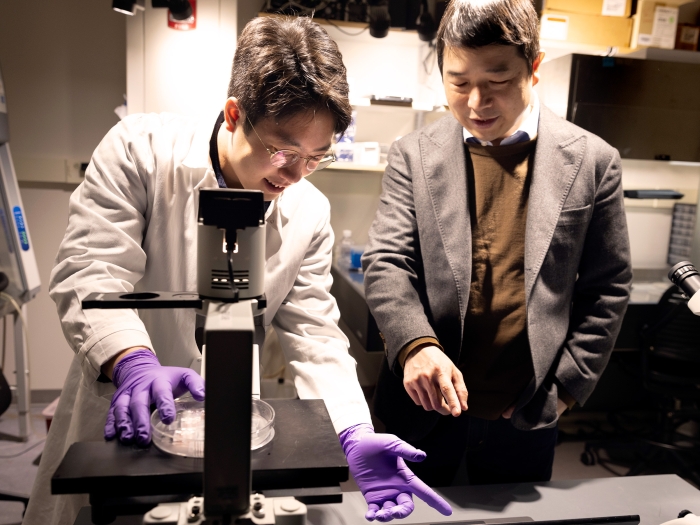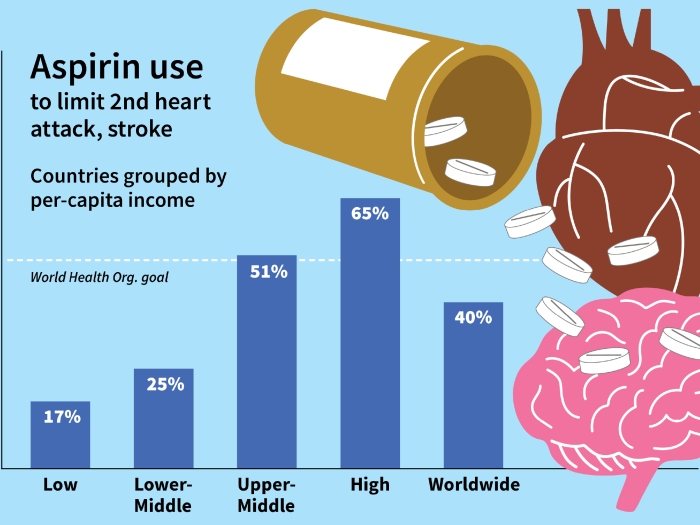STING protein is held in check by an important complex at the endoplasmic reticulum
5:00 AM
Author |

Immune cells are constantly monitoring their environment for potential threats, such as viruses, misfolded proteins, or errant DNA. One of those sensors originates from the endoplasmic reticulum, also known as ER, a small, multi-chambered organelle floating in the cell’s cytoplasm that helps make proteins.
When the ER’s quality control system detects a misfolded protein, it relies on a process to get rid of it called ER-associated protein degradation, also referred to as ERAD.
One of the most important protein complexes in mammals involved in ERAD is called SEL1L-HRD1. Recent work from the lab of Ling Qi, Ph.D., of the University of Michigan Medical School Department of Molecular & Integrative Physiology, finds that this protein complex helps regulate another critical protein involved in innate immunity, called STING, at the ER.
Too much STING, which turns on type 1 interferons in infected cells, can lead to the onset of autoimmune diseases, such as systemic lupus erythematosus.
STING’s role in innate immunity is intriguing because of its location on the ER, not on the cell surface like other proteins involved in immunity. Qi’s team has been studying ERAD for over a decade, trying to determine what is faulty with cells lacking SEL1-HRD1. Using a screening process, they discovered that STING is elevated in cells lacking SEL1-HRD1, indicating that SEL1-HRD1 helps keep STING activity in check.
Qi plans to next delve into the basic science to understand how STING and ERAD interact under both healthy and disease settings.
Paper cited: “SEL1L–HRD1 endoplasmic reticulum-associated degradation controls STING-mediated innate immunity by limiting the size of the activable STING pool,” Nature Cell Biology. DOI: 10.1038/s41556-023-01138-4

Explore a variety of healthcare news & stories by visiting the Health Lab home page for more articles.

Department of Communication at Michigan Medicine
Want top health & research news weekly? Sign up for Health Lab’s newsletters today!





